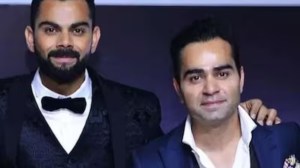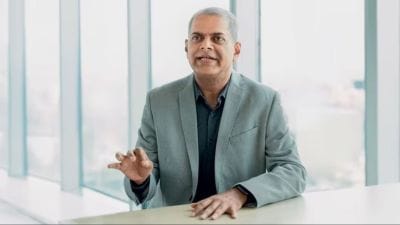Coke Studio, a music show that presents performances by established and emerging artistes, has bowled people the world over. Featuring ensembles of some of the finest musicians (vocalists and instrumentalists), exquisite set designs and fusion of different genres of music, Coke Studio has redefined the music scenario. Take, for instance, Nusrat Fateh Ali Khan’s Afreen Afreen. The song acquired new life when it got a modern-day twist in Coke Studio Pakistan some years back.
But if Coke Studio was about fusion, HCL’s latest Web show initiative—Maestros in Studio—promises to redefine Indian classical music in a manner never seen before. Launched on YouTube in April, Maestros in Studio delves deep into the realms of Carnatic and Hindustani classical music. Musicians from across India, mainly in their late 20s and early 30s, have collaborated to produce around 1,000 minutes of music for the show—of the 300 musicians who applied, only 39 were selected.
For the first season of the programme, HCL has joined hands with The Peninsula Studios, a Noida-based content creation house, on whose YouTube channel the programme has been launched initially. “Through this programme, youngsters would be exposed to well-coordinated and documented programmes. It would be a new tool for them. Also, young aspiring musicians would get a chance to perform. This would expand the classical base in the country,” says Kiran Nadar, trustee, Shiv Nadar Foundation, and the brain behind HCL’s philanthropic activities.
But youngsters these days don’t really listen much to classical music. In such a scenario, Maestros in Studio is a huge gamble—it can either usher in a new age of classical music in the country or just fizzle out. Hence, to ensure maximum reach, the programme is banking big on its digital presence.
Later, HCL also plans to launch a dedicated app and YouTube channel for viewers. “Our aim is to take classical music to different heights. It is so rich. We should have more platforms, more patronage to encourage such musicians. Classical music has a huge untapped potential in India. We want to cater to that,” says Nadar.

The way the programme has been conceived, it does not allow the dominance of any one musician—an extremely important aspect of music videos. It is more of a jugalbandi—expression of different forms of music through varied notations—that makes it such a refreshing concept.
Imagine a musician playing a ghatam (an ancient percussion instrument from south India) along with another musician on a tabla, both of them complementing a female artiste on a veena.
“The music you see is phenomenal. All the musicians have a distinct style and have been handpicked by the best in the country. It should be big. I believe it can be as big as Coke Studio,” says Subroto Chattopadhyay, chairman, The Peninsula Foundation, which owns The Peninsula Studios.









